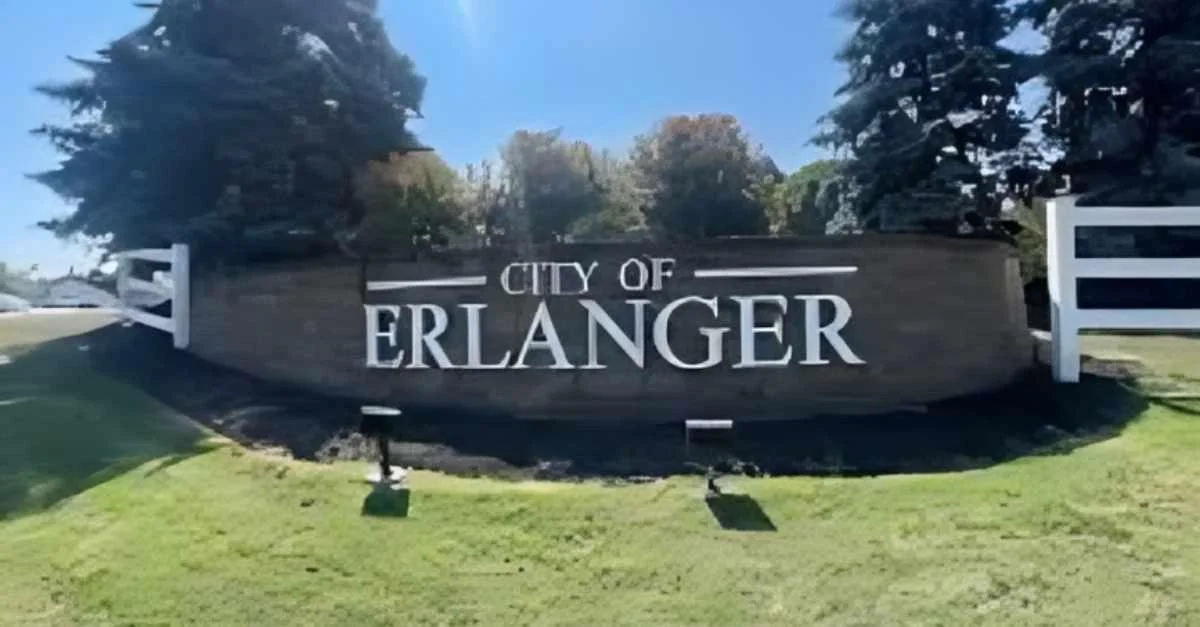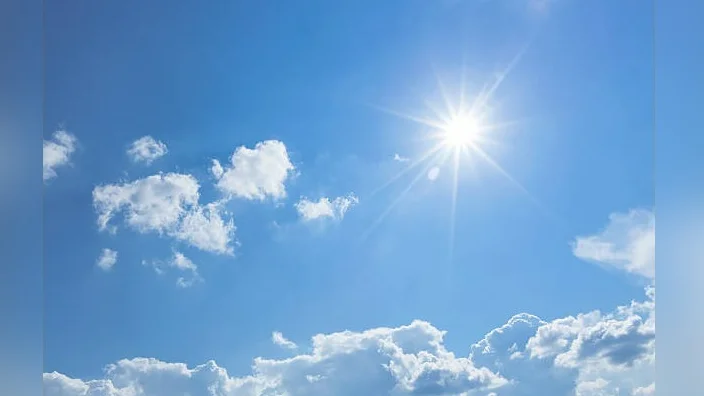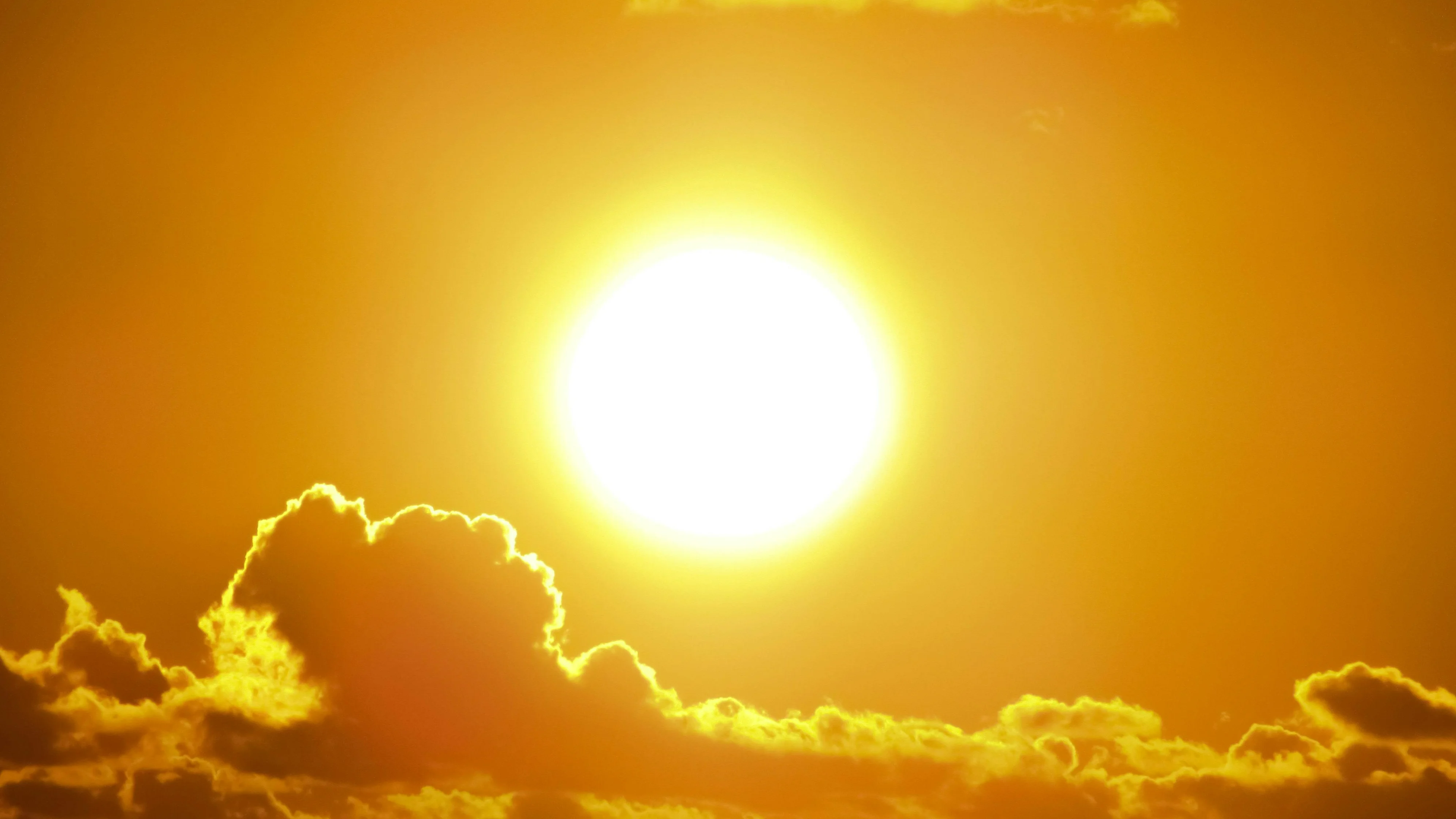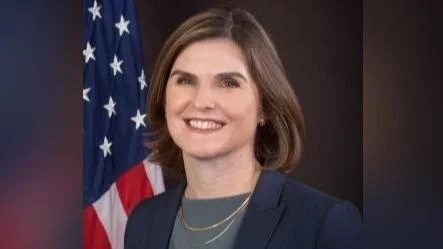As President Donald Trump engaged in discussions with Russian President Vladimir Putin on March 18 and Ukrainian President Volodymyr Zelenskyy on March 19, European bishops expressed concerns over the current geopolitical situation. Major Archbishop Sviatoslav Shevchuk of Kyiv-Halych, head of Ukraine’s Greek Catholic Church, voiced opposition to conceding territory to Russia for peace. In an interview with Il Foglio on March 18, he emphasized that the conflict was not solely about land but also about the people living there.
“Evil can neither be pacified nor satisfied,” Major Archbishop Shevchuk stated. “It must be stopped. And that is exactly what we are doing and paying for it with our blood.” He warned against “an illusion of peace” if evil remains unpunished.
A White House readout from Trump's call with Putin highlighted both leaders' agreement on the need for a lasting peace and improved US-Russia relations. The statement noted that resources spent by Ukraine and Russia could be better used for their people's needs.
Following his conversation with Zelenskyy, Trump posted on social media about aligning Russia's and Ukraine's requests and needs.
Major Archbishop Shevchuk expressed concern about Western acceptance of Russian propaganda narratives in his interview, noting its implications for humanity's future.
Polish bishops, during their meeting in Warsaw, called for prayers to end the war while stressing principles of a just peace. Prominent lay Catholics voiced worries over diminished trust in the US as an ally due to Trump's actions concerning Ukraine. Marcin Przeciszewski from Poland’s Catholic Information Agency remarked on the changing perception of Trump among clergy circles.
Josephine Siedlecka from Independent Catholic News shared fears among British Catholics regarding uncertainties and defense spending increases contradicting past papal appeals. She urged bishops to reflect on Jesus' teachings amid Europe's war preparations.
Trump's talks with Putin aimed at securing a 30-day ceasefire as reported by The New York Times revealed Putin's agreement to halt strikes on Ukrainian energy infrastructure but not an unconditional ceasefire.
NATO’s military readiness remained uncertain as European leaders discussed a peacekeeping mission after pledging $876 billion for a "ReArm Europe" plan. Italy’s Catholic bishops cautioned against "warlike rhetoric," while German bishops feared Ukraine might face unjust concessions in pursuit of short-term peace.
The Vatican press office released a statement highlighting Zelenskyy's ceasefire initiative discussion with Cardinal Pietro Parolin, hoping for sincere dialogue toward lasting peace. Norwegian Bishop Erik Varden emphasized mobilizing around essential common values rather than arms stockpiling during the Nordic bishops’ conference plenary session.
Siedlecka expressed readiness to resist potential invasion but warned against arms industry profiteering amid rearmament efforts. Przeciszewski reiterated the pope's appeal to reduce arms spending but acknowledged self-defense rights if Russia remains uncooperative.
Jonathan Luxmoore reports from Oxford for OSV News.
 Alerts Sign-up
Alerts Sign-up






